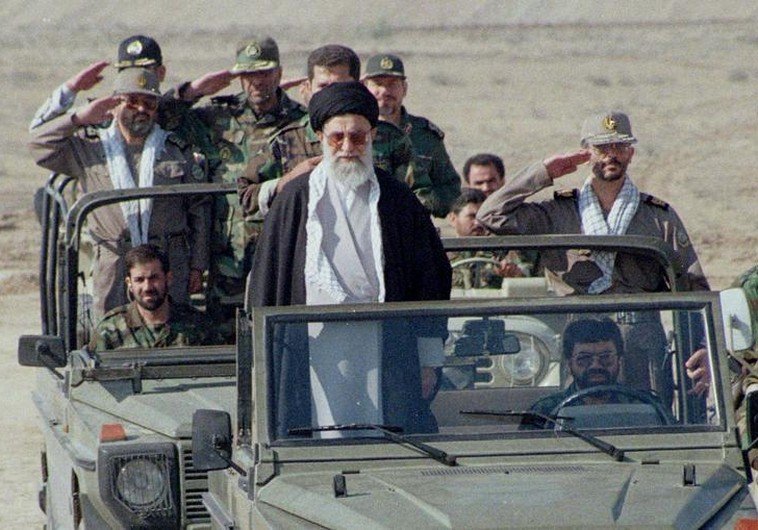Iran accused Gulf Arab neighbors on Thursday of jeopardizing Lebanon’s stability by blacklisting the Iranian-backed Hezbollah group, state television said, a move likely to stoke tensions in the regional power rivalry between Tehran and Riyadh. Iranian concerns over long-term viability of Hezbollah grow.
On Wednesday, the six-member Gulf Cooperation Council (GCC) branded Hezbollah a terrorist organization opening up the possibility of further sanctions against the terrorist group that kills fellow Arabs in Syria.
Analysts expect next on the menu for the Arab countries is to filter Hezbollah supporters and sympathizers in order to deport them. In terms of Gulf remittances, such action by the GCC will strike Hezbollah’s financial ability to raise funds from those working in the Gulf region. The US has blocked such financial transactions from overseas banks, the GCC countries are duplicating on a regional level.
Leading Sunni Muslim power Saudi Arabia and Shi’ite Muslim Iran compete for influence across the region and back different factions in sectarian-riven Lebanon and in Syria’s civil war.
Iranian concerns were expressed when state TV quoted deputy Foreign Minister Hossein Amirabdollahian as saying:
“Lebanon’s Hezbollah is the vanguard of resistance against the Zionist regime (Israel) and Iran is proud of the group, which is also the champion of the fight against terrorism in the Middle East. Calling Hezbollah a terrorist group … will harm the unity and security of Lebanon.”
Such Iranian propaganda is hard to swallow by the Arab street when Hezbollah has been firing its guns against fellow Arabs. On a mocking scale of 1 to 10, Hezbollah earns a solid 10.
Hezbollah’s leader said on Tuesday Lebanon had been pushed into a new phase of political conflict by Saudi Arabia but was not on the brink of civil war and its government of national unity, of which Hezbollah is a part, should survive.
In 2013, the Sunni-dominated GCC – representing Saudi Arabia, United Arab Emirates, Bahrain, Kuwait, Oman and Qatar – imposed sanctions on Shi’ite Hezbollah after it entered Syria’s war in support of psychopath Baschar al-Assad.
The GCC did not specify on Wednesday what action might be taken against Hezbollah. But last week Saudi Arabia, the biggest power in the GCC, said it had blacklisted four companies and three Lebanese men for having links to the group. Such action increase Iranian concerns over the financial future of Hezbollah because of the number of Lebanese Shiites making a decent living in the Gulf countries, and remitting back into Hezbollah coffers.
Relations between Lebanon and Saudi Arabia have been plunged into crisis since Riyadh halted $3 billion in aid to the Lebanese army – a response to the Beirut government’s failure to condemn attacks on Saudi diplomatic missions in Iran.
In January, Riyadh led several Arab countries in cutting diplomatic ties with Tehran after demonstrators burned its embassy and a consulate in protest against the execution of a prominent, dissident Shi’ite cleric by Riyadh.
The GCC better had equipped and armed a Sunni militia in Lebanon because such pressure is useless if Hezbollah begins killing Sunni Lebanese to avenge GCC actions.
Reuters contributed to this article.



COMMENTS